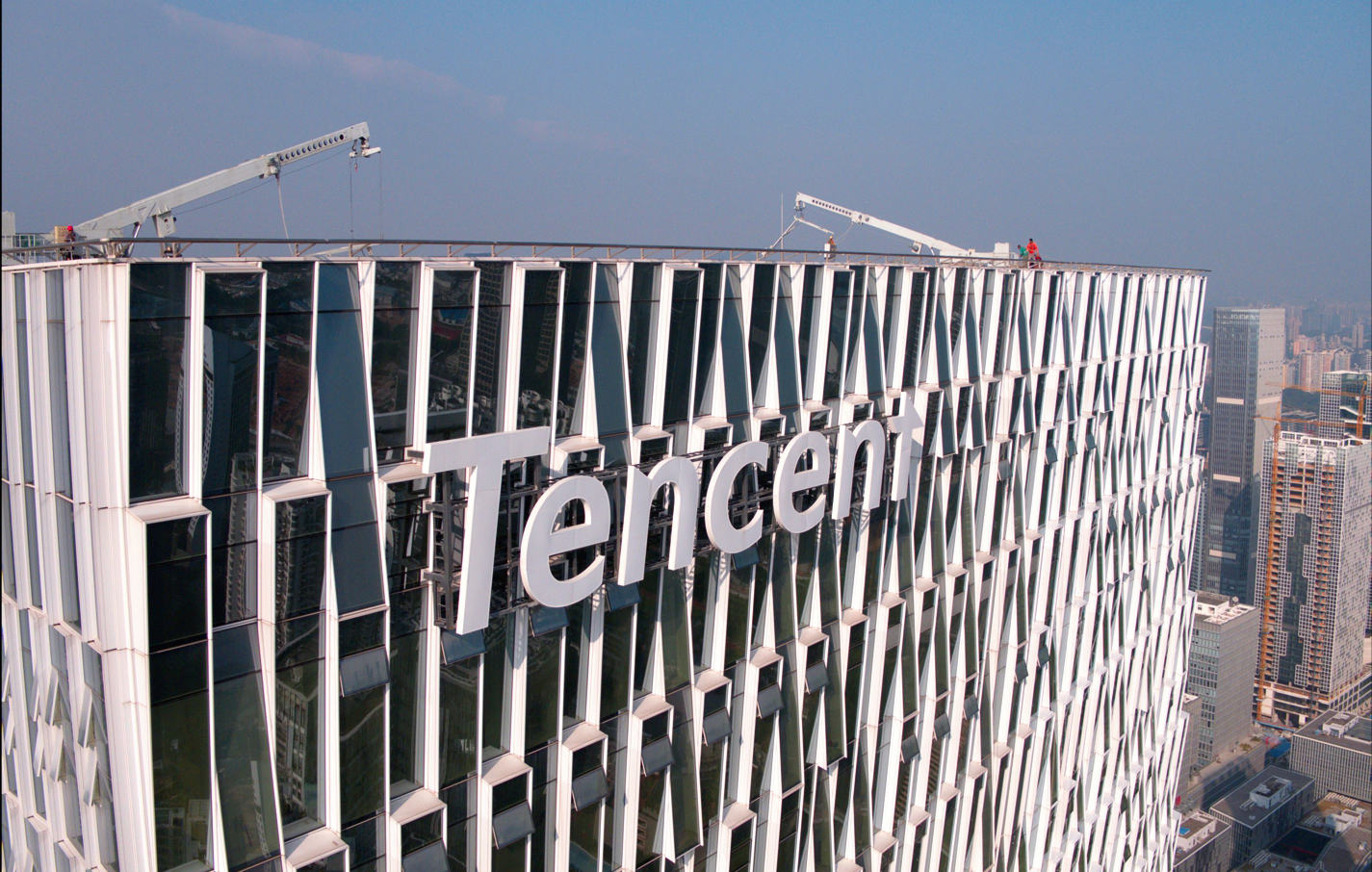(ATF) While the ban on Tencent’s PlayerUnknown’s Battlegrounds (PUBG) videogame has sent millions of Indian gamers into a tizzy, it has also created space for India’s gaming publishers to rise and shine, say experts.
Although pulling the plug on the most popular gaming application could be the end of PUBG – assuming that the ban would not be reversed later, which can’t be ruled out either – it is not the end of gaming in the country, they add.
PUBG, part of the “battle royale” genre in which a group of players fight one another until only a single combatant is left alive, became a casualty of deepening tensions with China on Wednesday when the Indian government banned it along with more than 100 other Chinese apps.
India’s technology ministry on Wednesday said the apps were a threat to India’s sovereignty and security. The ban is the latest move against Chinese companies in India amid a months-long standoff over a disputed border but the timing and the target were particularly tough for young people.
“While I respect the (Indian) government’s decision, it has certainly been a setback for the gaming industry in the short term, assuming that the ban is permanent, which I doubt. But on the flip side, since PUBG enjoyed a dominating presence, its banning could create space for others,” Anurag Khurana, a mobile gaming consultant told ATF.
Anurag should know because prior to his consultancy engagements, he was a part of Jio, a leading mobile operator under the Reliance Industry’s umbrella. Jio as a handset reseller, has a significant stake in the sector as well.
“Despite being one of the top markets in terms of user base, India has just a handful of mobile gaming publishers while the market is dominated by Chinese and American players,” he added.
Shattered gamers
Undoubtedly, for tens of millions of Indian gamers, PUBG was a welcome distraction from the coronavirus pandemic. It was also the most popular, with India accounting for 29% of the app’s total downloads globally, according to analytics firm SensorTower.
“When everything was under lockdown, PUBG’s interactive features gave me a semblance of real-world social interaction. It was a stress-buster for me,” said Mustafa Scentwala, 26, who lives in India’s financial hub, Mumbai, and played PUBG with nine friends for hours each day.
According to Anurag, Tencent’s PUBG in fact, was one of the main driving forces for the growth of the mobile gaming market in recent years.
IT industry association NASSCOM says India is already one of the top five markets for mobile gaming in terms of user base which is driven by the proliferation of smartphones and democratised data.
This year, NASSCOM estimates that the Indian mobile gaming market will reach 628 million users. The market value of mobile gaming in India is estimated to reach approximately $405mn by 2022, according to Statista.
READ MORE: India bans 118 more Chinese apps in repeat crackdown
“Tencent not only promoted mobile gaming in India aggressively, but it also took feedback from the market and incorporated local tastes and preferences into PUBG,” Anurag added.
Sources say that while PUBG debuted with the English version, close to 85% of the Indian gamers adopted the subsequently-developed Hindi and the Tamil versions.
“The only thing that couldn’t be locked down by corona was PUBG,” said Veera Raghavan, a gamer hailing from the southern city of Chennai.
Tencent had launched a lighter version of the game, which consumes fewer mobile data and runs smoothly on cheaper phones, in a bid to woo even more Indian players who would potentially spend on the app in the future.
Some PUBG players in India have spent thousands of rupees to buy so-called Royal Passes, a way to earn quick rewards and have access to special missions in the game.
They have been using the game to stay in touch with friends while schools and colleges are shut to stop the spread of the coronavirus.
Aha moment
In a statement on Thursday though, Tencent said its apps complied with India’s data protection laws and that it would engage with local authorities to clarify its policies.
And this is why some feel that the ban could be temporary.
“The ban may have been a blow to the gamers and has startled the sector, but I am sure Tencent would quickly address the Government’s concerns to arrive at a resolution,” Akshat Rathee, founder of Nodwin Gaming, an esports company told ATF.
But even if one assumes that PUBG doesn’t come back, it is not going to spell doom to gaming, since gamers would quickly find alternatives, he added.
READ MORE: Tencent likely next on chopping block
“Besides for some Indian publishers the ban could be an aha moment. There are no Indian games right now that could fill in the space vacated by PUBG. But I foresee Indian developers to rush in to develop alternatives,” Akshat said. “That could take a while though, since it takes a year and a half at the least to develop one.”
Meanwhile, the PUBG-ban has been another blow for Tencent whose WeChat app was also outlawed by New Delhi in June, following a border skirmish that left 20 Indian soldiers dead. Tencent’s other flagship game – Arena of Valor – is now also banned in India.
Still, SensorTower says PUBG’s revenue hit will be marginal as India only contributed about 2.5% of its lifetime revenue.
























